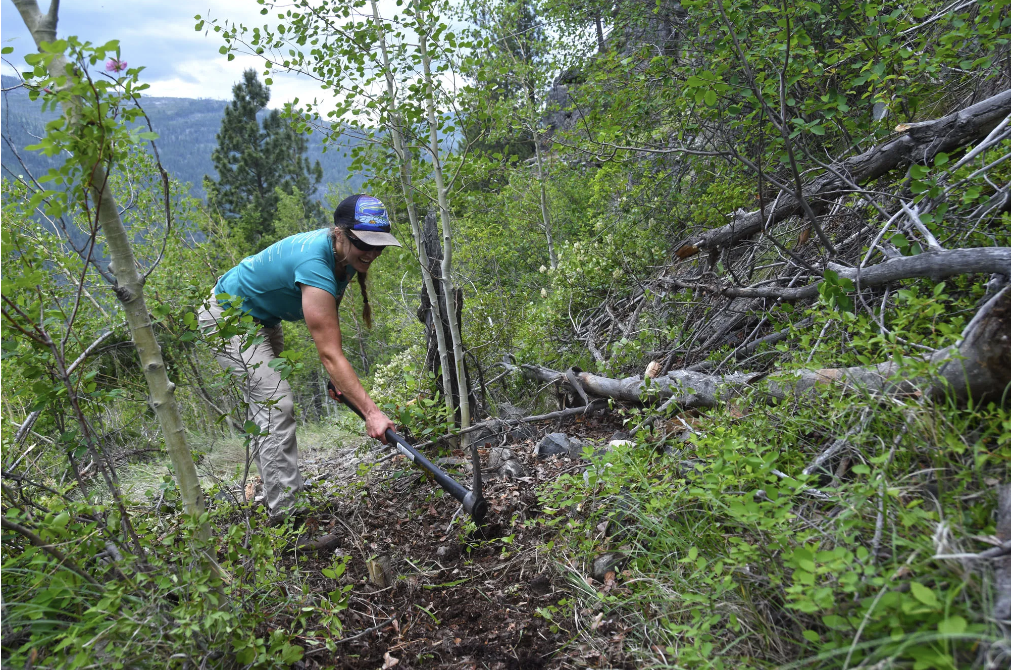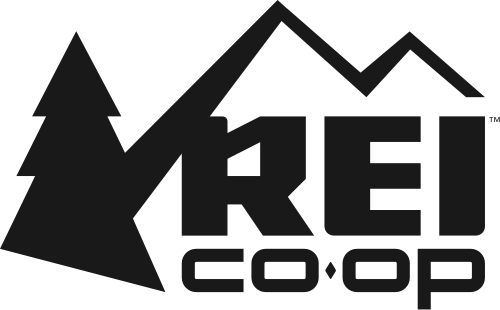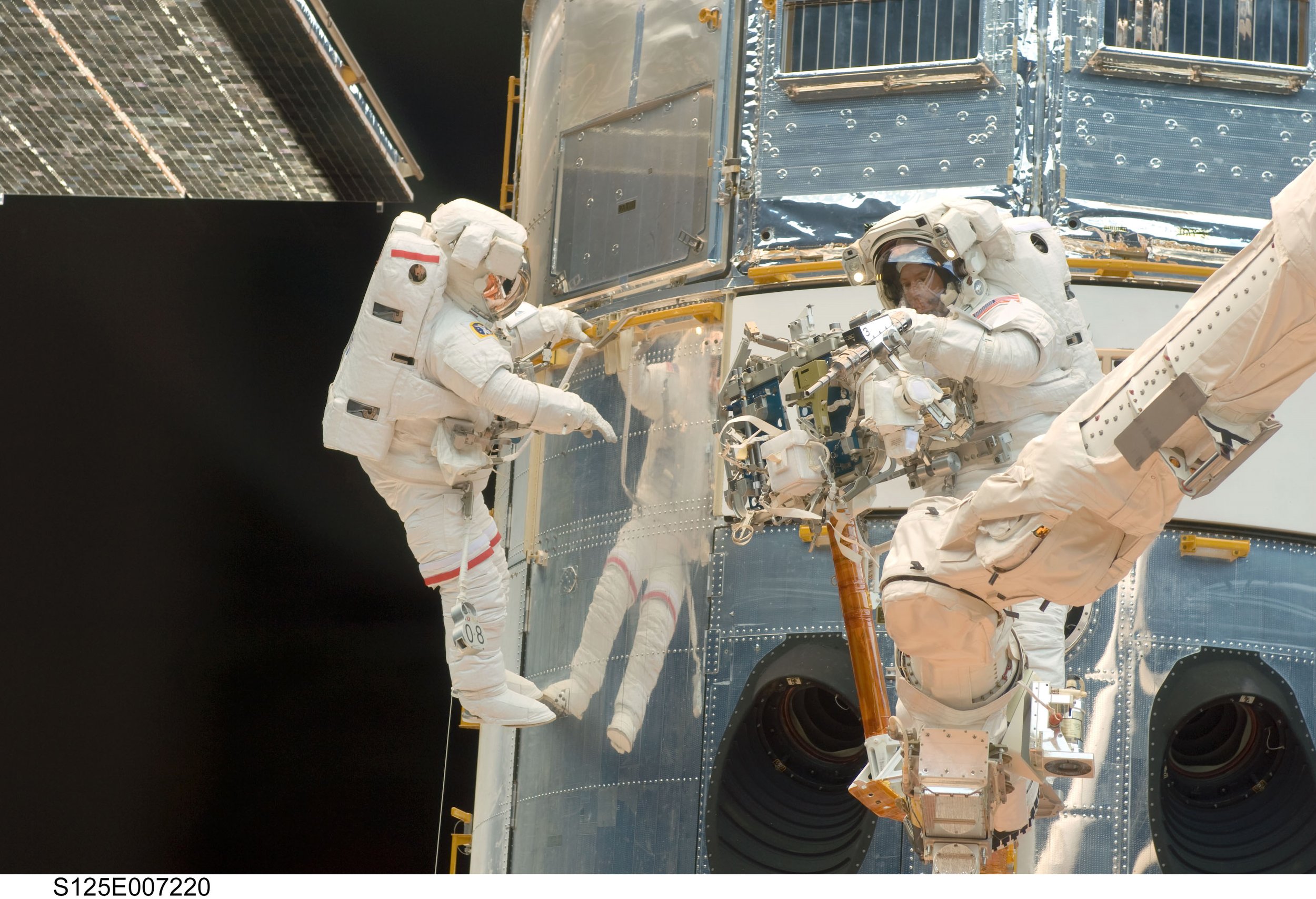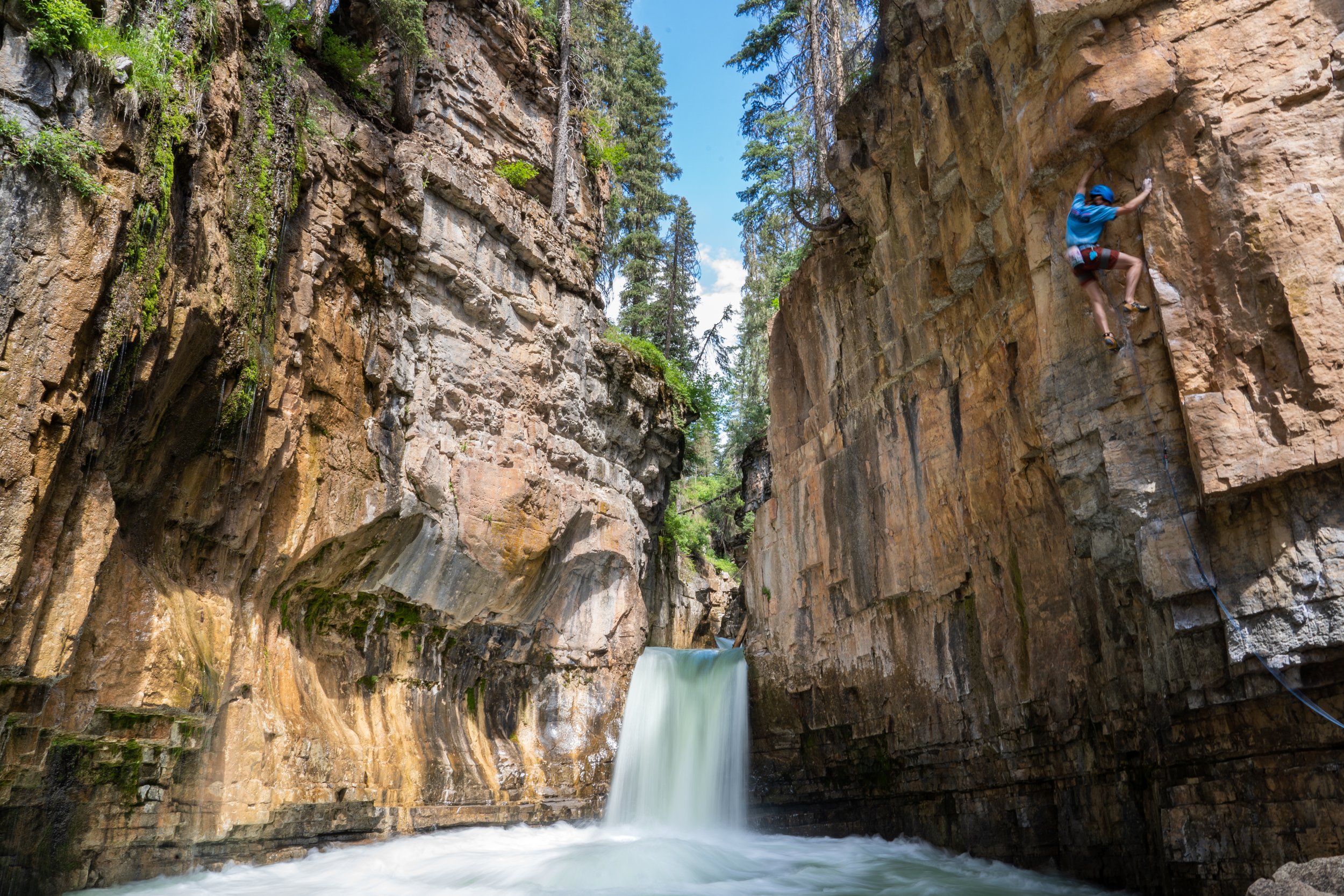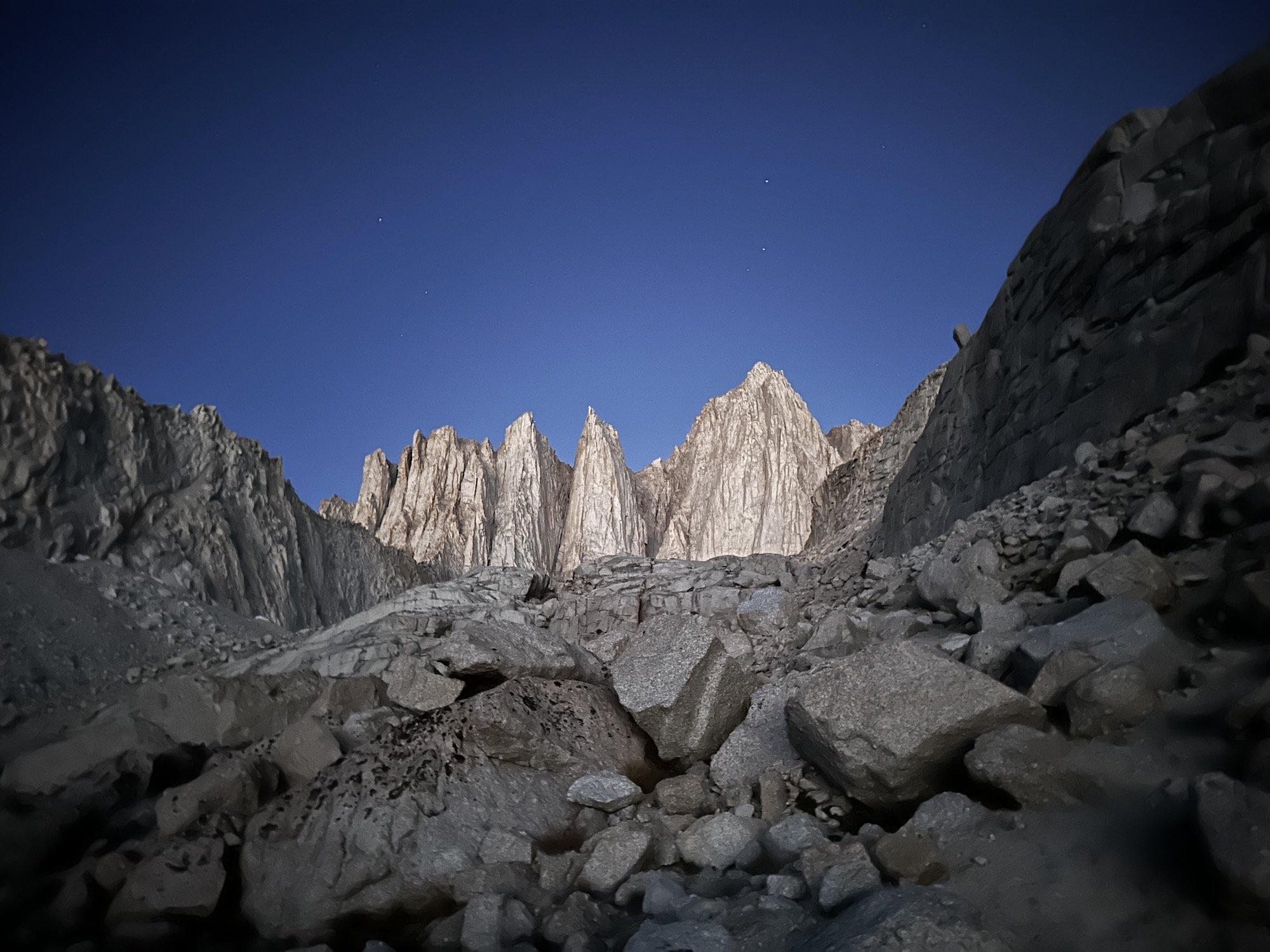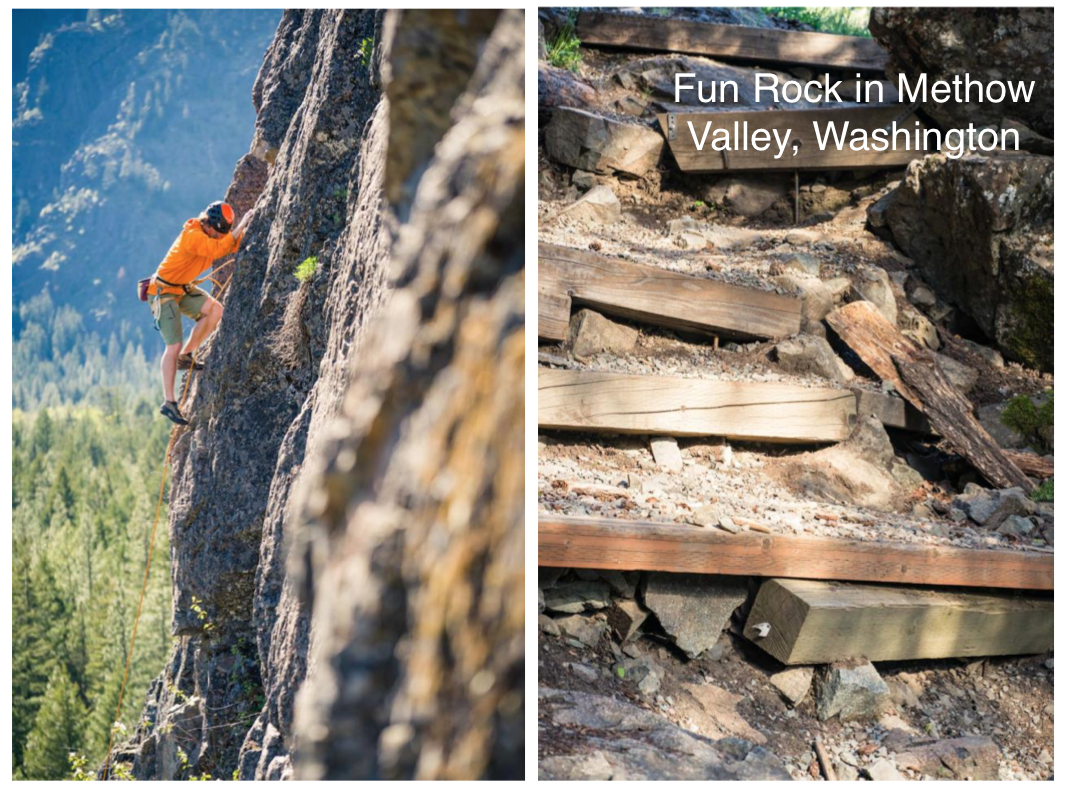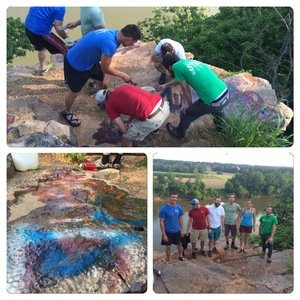October 18, 2016, Golden, CO—The American Alpine Club (AAC) is proud to announce the recipients of the 2016 Cornerstone Conservation Grants, powered by REI, Clif Bar and CamelBak. Our Cornerstone Grants support our vision of healthy climbing landscapes with annual awards to organizations, landowners, and individuals to fund projects such as human waste solutions, climbing trail restoration, and related infrastructure projects. "The Cornerstone Conservation Grant has helped us with many projects over the years— composting toilets, graveled parking lots and a graffiti removal initiative,” said Southeastern Climbers Coalition Executive Director, Cody Roney. “We greatly appreciate the American Alpine Club for providing this grant to make our LCO projects come to life."
A big thanks to our corporate partners and to our Cornerstone Conservation Grant Committee members (listed below). Congratulations to our 2016 Cornerstone recipients:
Red River Gorge Climbers Coalition, Kentucky - $2,500
The Gallery, Pendergrass-Murray Recreation Preserve
With a high concentration of moderate routes in a small area, the gallery has seen an enormous spike in users and impact. Funds will be used for consultation with the American Conservation Experience (ACE) to help train future land stewards, ensure good drainage from area springs, the purchase of building materials where natural materials are not available, and plants to aid in re-vegetation efforts.
AAC Richmond Chapter, Virginia - $1,500
Manchester Wall
In partnership with the city of Richmond and the James River Outdoor Coalition, the AAC’s Richmond Chapter is constructing a dedicated access path and pedestrian benches on the Manchester Wall in Richmond, Virginia. This unique climbing area uses a historic bridge abutment as a way for local university students, summer camps and recreational climbers to learn lead climbing and rescue techniques.
Mid Atlantic Climbers, Maryland - $5,000
Carderock Climbing Area, Chesapeake and Ohio National Historic Park
Flood damage threatens to destroy riverbank retaining walls that prevent total erosion of this key regional climbing area. The project will repair and extend walls while adding more permanent design and materials.
Southeastern Climbers Coalition, Tennessee - $5,000
Denny Cove, Southern Cumberland Plateau
Funds will be used to help build out one of the region’s newest crags. Harboring over 150 routes on three-mile-long cliff side, the area is experiencing an enormous amount of climber traffic. Gravel and building materials are needed for road and parking lot construction, and trail building work.
Salt Lake Climbers Alliance, Utah - $750
Joe’s Valley
AAC funds will support the installation of seasonal latrines during the 2017 spring and fall climbing season at this world famous destination where human waste facilities do not currently exist. Efforts are underway for a permanent solution.
Upper Peninsula Climbers Coalition (UPCC), Michigan - $500
AAA Walls, Marquette County
The historic AAA walls have hosted 4-H groups, Boy Scouts, university students, and women’s groups for years and, the UPCC has arranged to keep it open with the current private landowner. AAC is helping ensure the stewardship of the area by funding trail maintenance and signage supplies.
Washington Climbers Coalition, Washington - $4,000
Washington Pass Legacy Trail Project, North Cascades
There are much needed climbing trail improvements from Blue Lake Trail to alpine climbs on Liberty Bell, Concord Tower, North Early Winter Spire, and South Early Winter Spire. Funds will be used for trail building supplies, signage, and wag bag dispensers as part of an extensive trail project to build sustainable, safe access to the Liberty Bell Group, one of the country’s most scenic and popular alpine climbing destinations.
Levitation 49, Alaska - $2,000
Valdez City Crags
Levitation 49 has been working tirelessly to promote and expand climbing, both winter and summer, in the Valdez area. The crags closest to the city are in need of major infrastructure work. AAC’s funds will help with the construction of stone stairs, retaining walls and drainage structures.
Ohio Climbers Coalition, Ohio - $5,000
Springfield Gorge
The Springfield Gorge is set to become the largest climbing area in the state but is in need of extensive rehabilitation. In lieu of requiring permits, the Ohio Climber Coalition has negotiated the construction of educational kiosks and signage with the land manager (Clark County Parks Department). The Cornerstone Grant will be used to help with purchase of those materials in addition to trail building costs.
South Central Pennsylvania Climbers, Pennsylvania - $500
Governor Stable Boulders, Governor Stable Nature Preserve
The SCPC is one of the newest organizations helping ensure access for their local climbers. AAC funds will help with costs associated with trail building and raising a bridge above the flood line at this important area.
Washington’s National Park Fund, Washington - $1,250
Mount Rainier NP Search and Rescue Cabin
Funds will be used to help in the restoration of a historic 1936 Civilian Conservation Corps cabin in the Longmire National Historic Landmark District in Mount Rainier National Park to house Search & Rescue volunteers and support staff. The cabin gives rescuers the opportunity for more timely responses to emergencies within the park and gives the NPS staff additional resources to utilize.
Rumney Climbers Association, New Hampshire - $4,000
The Final Frontier, Rumney
The Northwest Crags at Rumney are in need of additional parking, trail systems and a human waste solution at this nationally known climbing area. Facilities can also be used by local hikers, making the impact of this project even greater.
Climbing Stewards, California - $3,000
Camp 4, Yosemite
AAC funding will support the construction of a new, expanded climbing information kiosk at Camp 4, in Yosemite Valley. The current info board is outdated and will be replaced during a renovation and expansion of Camp 4. The new board will include increased conservation messaging and best practices, and additional information about climbing management in Yosemite National Park.
AAC Cornerstone Conservation Grant Selection Committee:
· Eddie Espinosa, Committee Chair
· Aram Attarian
· Audrey Todd Borisov
· Elisabeth Bowers
· Jason Flesher
· Matt Hepp
· Joe Sambataro
· Rebecca Schild
· Maria Povec, Cornerstone Grant Coordinator, AAC Staff

